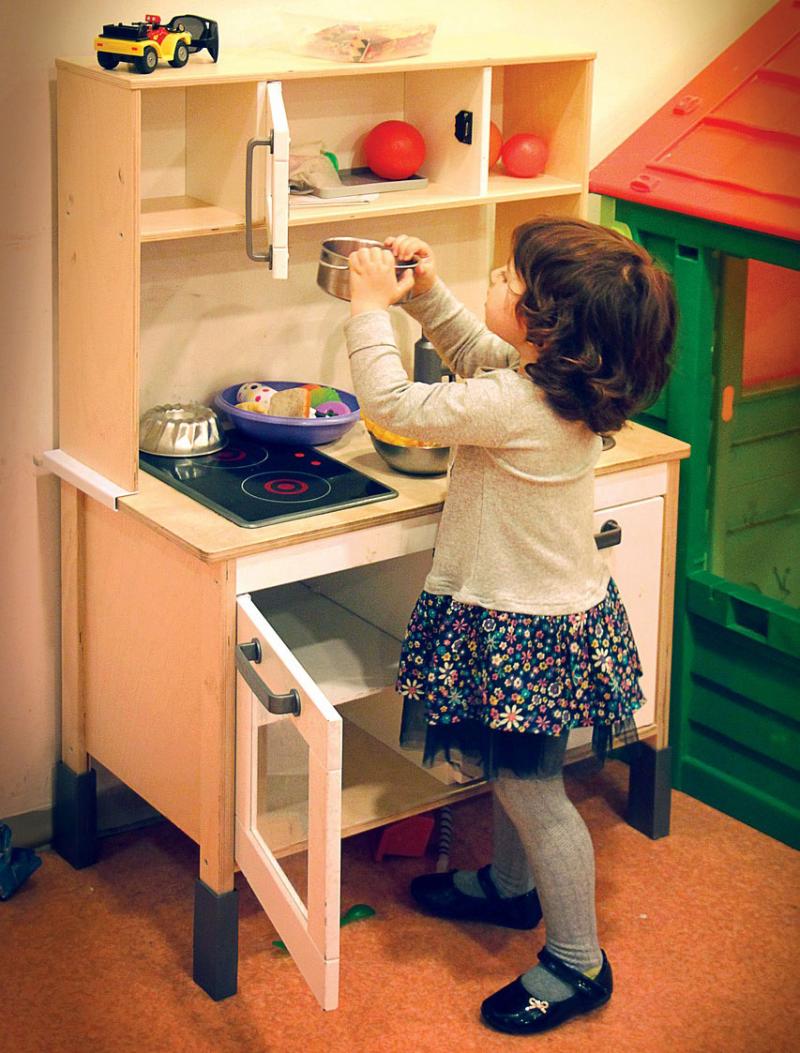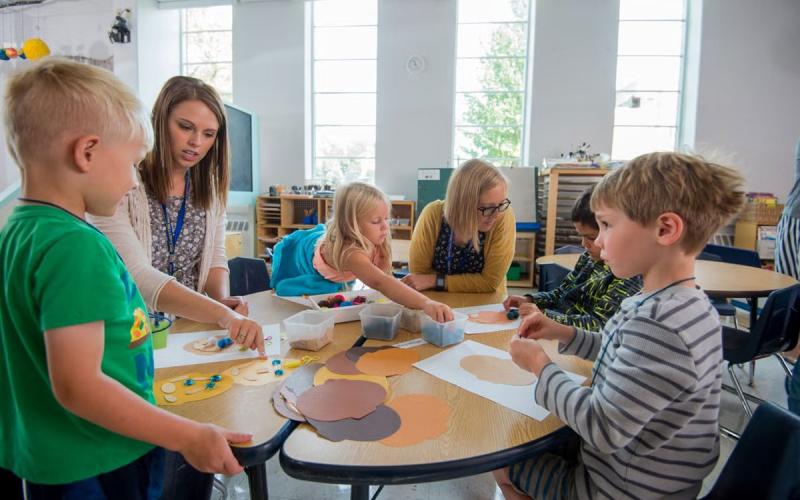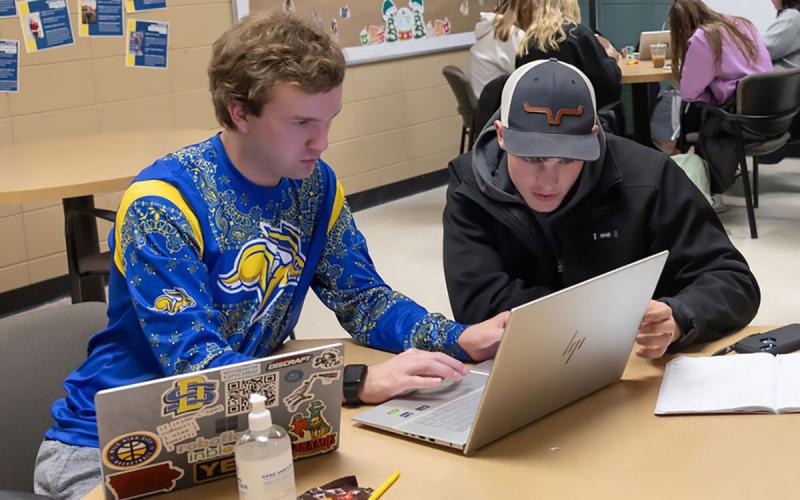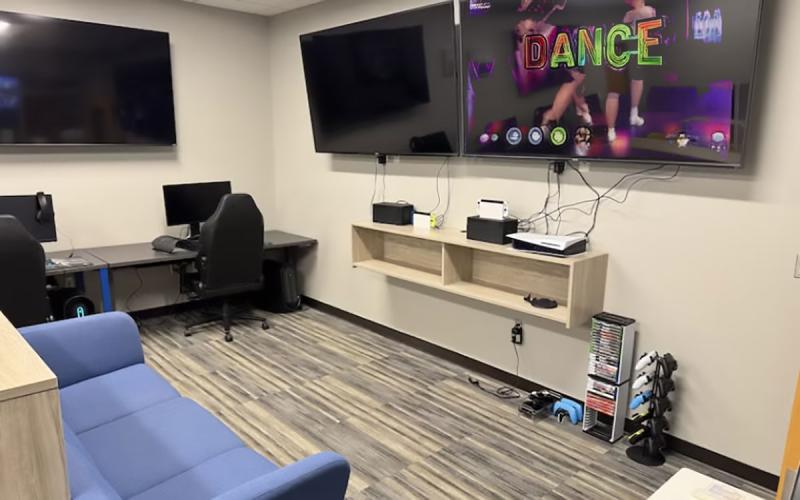
This is the 2nd article in a series of articles highlighting 10 essential play experiences for young children. The 10 experiences come from author Ann Gadzikowski’s book “Creating a Beautiful Mess.”
My daughters are 11 and 6 and I love hearing them play “house” and the “friendly” conversations on who is going to play mom or baby or even puppy sometimes. An invitation to make believe play or pretend actually involves very complex and abstract thinking to make things become symbolic of something else.
Pretend play is as natural as eating and sleeping to kids and should not be dismissed. It is teaching them to practice being in the world and problem solving. Just take a few minutes and listen to the conversations and think about how kids are processing the different roles and also the feelings that are being expressed. Kids find pretend/make believe play a safe opportunity to express feelings and maybe even struggles they are experiencing in real life. It offers a look into the child’s hopes, fears, and interests.
Children at ages 2-3 will start pretending once they can communicate and it will be based on the world they see around them. They will pretend to be moms, dad, grandparents, etc. and will mimic daily tasks. As children grow and mature their pretending will become more abstract and complex. It is ok to even see some good and evil being demonstrated as they begin to mimic books, movies, etc.
So, I encourage you as a parent to let pretend play happen and help manage the logistics as far as props, time, and space. Let them leave up a blanket fort or house and come back and play with it afterschool. Give them time to just play and let them be creative with items they might need. In my household my girls love to make all sorts of things out of cardboard and so anytime we get an online order I save the boxes for creative structures and crafts.


